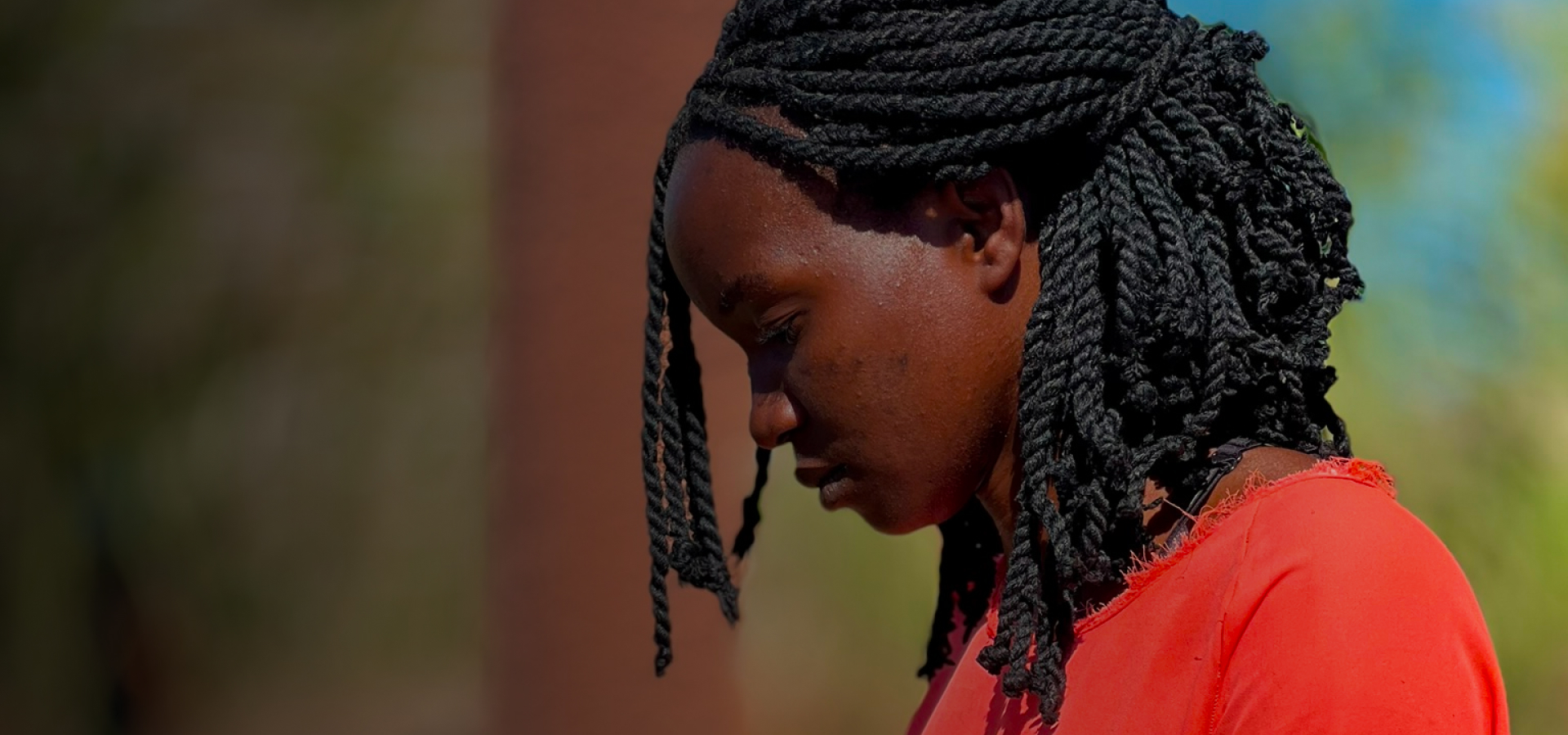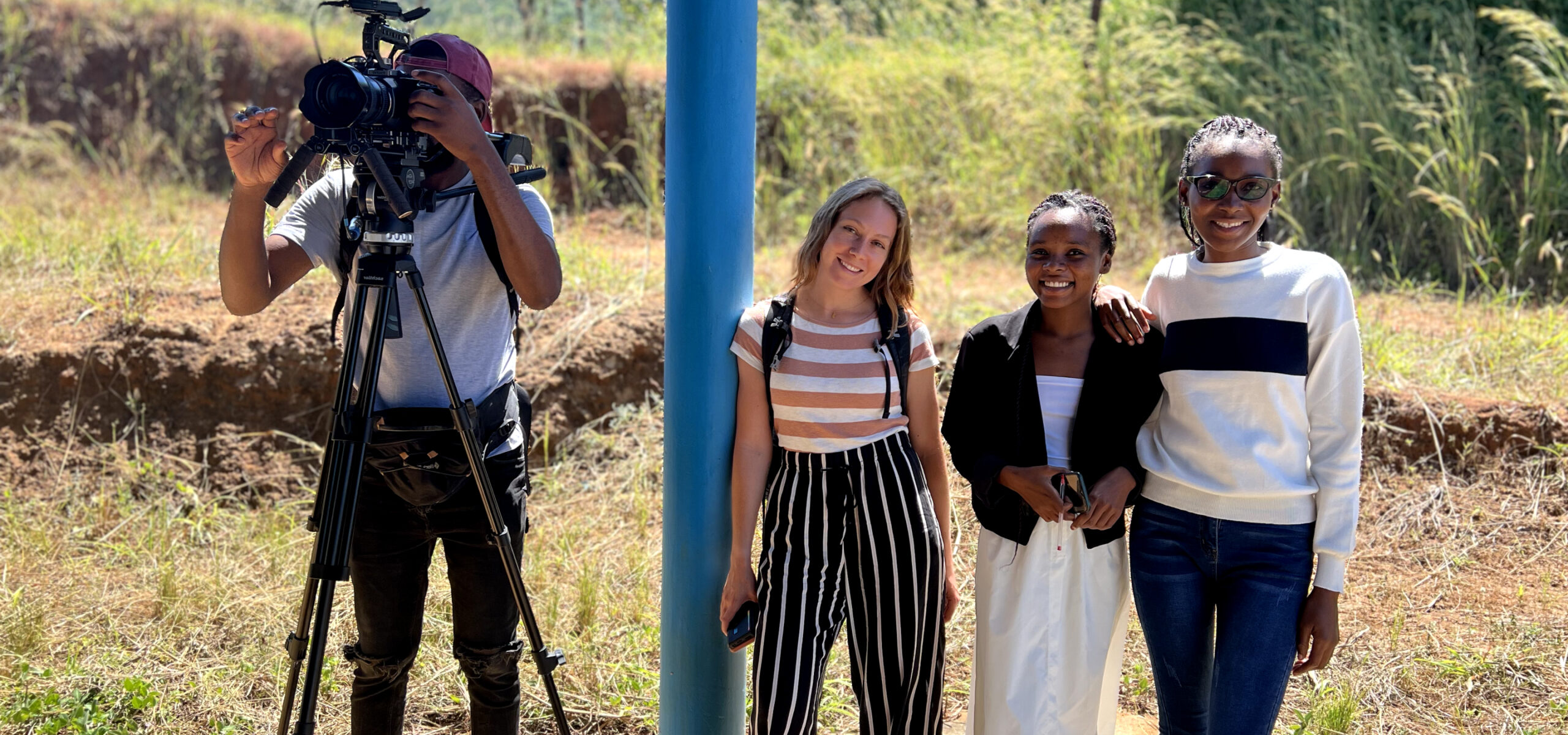Building futures, creating decent jobs
We’re building a brighter future for Mozambique through sustainable forestry and construction practices.


What is MozTrabalha?
This is a groundbreaking initiative aimed at transforming the lives of Mozambican communities by promoting productive employment and decent working conditions.
With a special focus on youth and those living in poverty, this Swedish-funded project, implemented by the ILO, seeks to unlock the potential of Mozambique’s forestry, wood processing, and sustainable construction sectors. Through a systemic approach that emphasizes local ownership and adaptive management, MozTrabalha is working to develop sustainable employment opportunities and foster inclusive economic growth.
By addressing the root causes of unemployment and underinvestment, MozTrabalha empowers individuals and builds the capacity of communities to drive their economic futures.
In the field
The project promotes sectoral pro-employment policies at the national level, while it targets the Beira and Lichinga corridors to implement the market systems development interventions in the focus sectors.
Lichinga
Located in the northern part of Mozambique, the Lichinga Corridor plays a crucial role in connecting the interior regions of Niassa and Cabo Delgado to the coastal areas and international markets.
Beira
Situated in central Mozambique, the Beira Corridor is a vital route for trade and commerce, connecting the landlocked countries of Malawi, Zambia, and Zimbabwe to the Indian Ocean port of Beira.

Lichinga

Beira
By the numbers
MozTrabalha seeks to create lasting economic opportunities, enhance productivity, and ensure decent working conditions in Mozambique.


64%
of Mozambique’s population lives below the poverty line, heavily relying on foreign aid, making it one of the ten poorest countries globally.


325K
Sustainable construction in Mozambique has the potential to create 325,000 jobs through projects like affordable housing and mixed wood school constructions.


$330M
The forest sector’s contribution to Mozambique’s GDP rose from USD $330 million in 2011 to approximately 13.7% by 2016.
Hilário Xavier: Innovating tradition in Mozambique’s local construction
Leading sustainable change, one brick at a time


“Our ambition is that these jobs especially benefit young Mozambican men and women who live in poverty outside Maputo.”
Mette Sunnergren, Ambassador of Sweden in Mozambique
MozTrabalha campaign
Marketing is a key component of the MozTrabalha initiative, designed to empower stakeholders through targeted strategies and collaborative efforts.
This campaign focuses on promoting sustainable construction practices, enhancing stakeholder engagement, and fostering economic growth across Mozambique.

Documentary film
Highlighting real people and real progress
Explore the journey of Moz Trabalha through our compelling documentary film, which delves into the lives of those at the heart of the initiative, highlighting their stories, challenges, and triumphs.

Government involvement
The MozTrabalha project collaborates closely with the Mozambican government to ensure the initiative aligns with national development goals and effectively addresses the country’s employment challenges.

Key contributions include:
- National Outcome: Economic policies and labor institutions drive employment through sectoral transformation.
- Sectoral Outcome: Young women and men in poverty gain sustainable jobs in enterprises moving to higher productivity and carbon-neutral practices.
- Cross-cutting Outcome: Key stakeholders at all levels are empowered to tackle employment barriers through sustainable enterprise development and policy interventions.
Follow us as we build a brighter future for Mozambique through sustainable forestry and construction practices.
